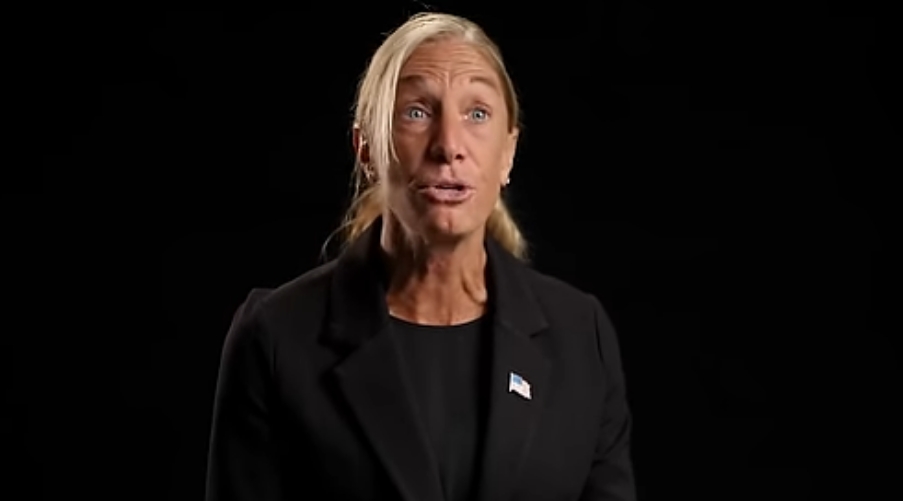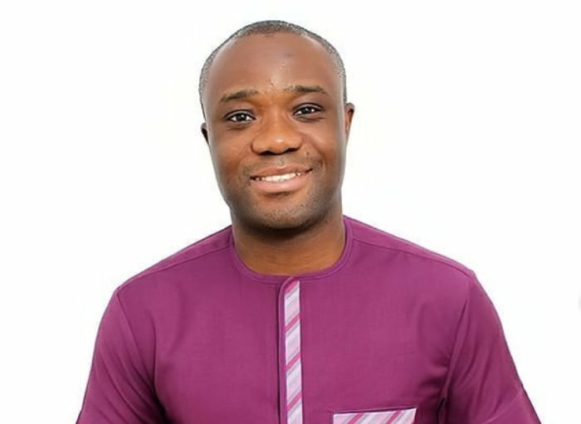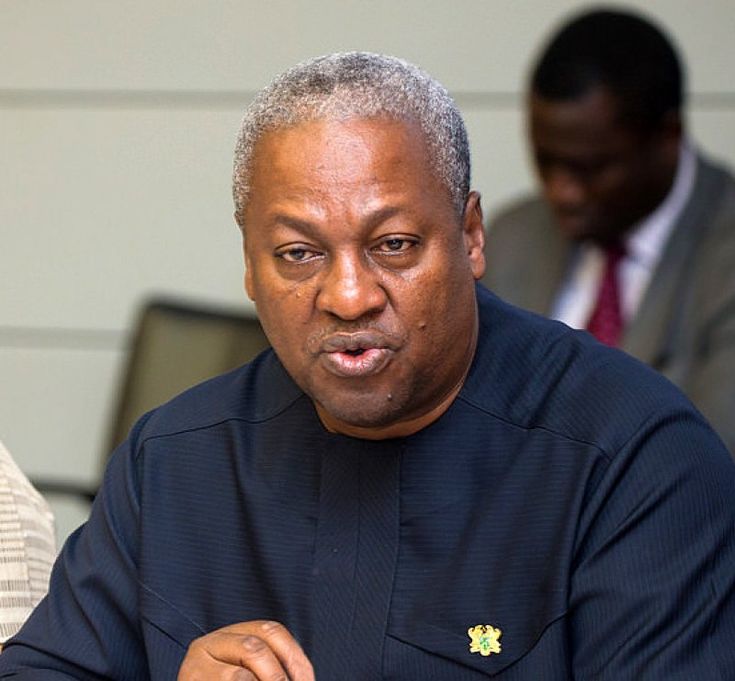Colonel Allison Black, affectionately known as the “Angel of Death,” has a remarkable story that intertwines courage, resilience, and an unwavering sense of duty. Her journey from a young girl in Long Island, New York, to becoming a pivotal figure in the U.S. Air Force is both inspiring and enlightening. This blog post dives into her experiences, particularly during the tumultuous times following September 11, 2001, and highlights the lessons she learned along the way.
Early Life and Military Aspirations
Growing up in Long Island, Allison didn’t have a strong military background. However, she felt a strong pull to serve her country. After graduating high school, she enlisted in the Air Force in March 1992. Her decision was driven by a desire to be part of something larger than herself, seeking a sense of purpose and mission.
Basic training was a shock to her system. As an 18-year-old girl, she faced the intimidating environment of military training, learning how to march and salute while being yelled at by instructors. Despite the challenges, she emerged stronger, realizing that failure was a part of growth. She adopted a mantra of “failing forward,” allowing setbacks to fuel her determination rather than deter her.
The Journey to SERE and Beyond
During her training, Allison learned about various specialized career fields, including SERE (Survival, Evasion, Resistance, and Escape). Intrigued yet terrified, she approached a SERE specialist to inquire about the field. Her fears were alleviated when she discovered that not making it in SERE wouldn’t mean being kicked out of the Air Force. This revelation ignited her determination to give it a shot.
Throughout her six and a half years in SERE, Allison took night classes to further her education, all while preparing for her next chapter. In 1998, she was accepted into officer training and subsequently went to undergraduate navigator training, setting her sights on Air Force Special Operations.

The Call to Combat: September 11, 2001
On September 11, 2001, while preparing to swear her husband back into active duty, the couple witnessed the second plane strike the Twin Towers live on television. The gravity of the situation hit hard, and the sense of urgency to respond was palpable. For Allison, the day marked a pivotal moment that would shape her military career.
In the days following the attacks, she was thrust into planning missions that would eventually lead U.S. forces into Afghanistan. As a young lieutenant in her squadron, she was deeply involved in strategizing how to get their planes across the Atlantic to engage in combat operations.
The First Combat Mission: A Defining Moment
Allison’s first combat mission would earn her the moniker “Angel of Death.” As part of a crew flying an AC-130H Spectre Gunship, she played a crucial role in providing air support for friendly forces on the ground. The mission took place in November 2001, and the stakes were high as they navigated the dark skies of Afghanistan.
Upon arriving in the vicinity of the city of Kunduz, they made contact with a team from the Northern Alliance. The tense atmosphere was palpable as they prepared to engage enemy forces. Using her skills as a navigator and a tactical communicator, Allison guided the crew through the mission, ensuring clear communication with ground forces while managing the aircraft’s weapons systems.
Engaging the Enemy
During the mission, they spotted a vehicle approaching their position, which was later confirmed to be carrying Taliban fighters. With the order to engage, Allison vividly recalls the adrenaline rush as they opened fire, delivering a devastating blow to the enemy. The precision of their operation was critical to protecting ground troops and achieving their objectives.
As they executed the mission, General Dost, one of the leaders on the ground, recognized Allison’s voice over the radio and remarked on the significance of American women being involved in such operations. His comments not only highlighted the impact of their mission but also served as a powerful message to local Afghan women about the freedoms they could aspire to.
The Unintended Impact of Leadership
Allison’s experiences in combat were not just about military strategy; they had a profound cultural impact as well. The story of the “Angel of Death” resonated beyond the battlefield, inspiring Afghan women and challenging traditional norms. General Dost shared her story in local communities, encouraging women to fight for their rights and freedoms.
Reflecting on her journey, Allison emphasizes that her achievements were not solely hers. They were the result of teamwork, mentorship, and the belief that others had in her potential, even when she doubted herself. This lesson in leadership and support became a cornerstone of her philosophy.
Embracing the Role of a Leader
Throughout her military career, Allison faced numerous challenges that tested her resolve and leadership capabilities. From being the first female navigator in her squadron to commanding various missions, she consistently pushed against the boundaries of what was expected. Her story serves as a testament to the importance of determination and resilience in the face of adversity.
The Transition to Civilian Life
After a distinguished 32-year career, Allison transitioned to civilian life. The shift was not without its challenges, as many service members experience. However, she carried with her the lessons learned from her time in the military, particularly the importance of community and support systems.
Allison’s story is not just one of combat and leadership; it is also about the impact of mentorship, the value of believing in oneself, and the importance of uplifting others. Her journey inspires future generations to pursue their dreams and break barriers, regardless of gender or background.
Final Thoughts: A Legacy of Inspiration
Colonel Allison Black’s legacy as the “Angel of Death” is more than just a nickname; it represents her commitment to service, her leadership in combat, and her role in changing perceptions of women in the military. Through her experiences, she has shown that determination, teamwork, and resilience can lead to significant change.
As we reflect on her journey, it’s essential to recognize the broader implications of her story—a call to action for all of us to support one another, champion diversity, and inspire future leaders to rise and meet the challenges of our time.
The One Woman The Taliban Feared Most “The Angel of Death” | Allison Black









